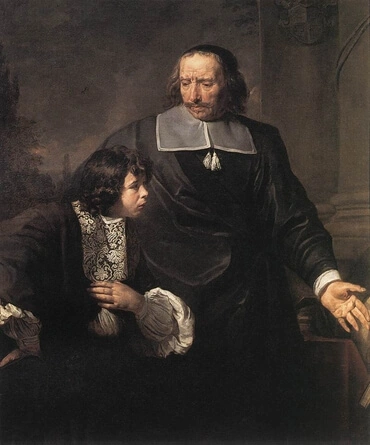2
你打发人去窥探我所赐给以色列人的迦南地,他们每支派中要打发一个人,都要作首领的。
3
摩西就照耶和华的吩咐,从巴兰的旷野打发他们去;他们都是以色列人的族长。
16
这就是摩西所打发窥探那地之人的名字。摩西就称嫩的儿子何西阿为约书亚。
20
又看那地土是肥美是瘠薄,其中有树木没有。你们要放开胆量,把那地的果子带些来。那时正是葡萄初熟的时候。
22
他们从南地上去,到了希伯仑;在那里有亚衲族人亚希幔、示筛、挞买。原来希伯仑城被建造比埃及的锁安城早七年。
23
他们到了以实各谷,从那里砍了葡萄树的一枝,上头有一挂葡萄,两个人用杠抬着,又带了些石榴和无花果来。
24
因为以色列人从那里砍来的那挂葡萄,所以那地方叫做以实各谷。
26
到了巴兰旷野的加低斯,见摩西、亚伦,并以色列的全会众,回报摩西、亚伦,并全会众,又把那地的果子给他们看;
27
又告诉摩西说:我们到了你所打发我们去的那地,果然是流奶与蜜之地;这就是那地的果子。
28
然而住那地的民强壮,城邑也坚固宽大,并且我们在那里看见了亚衲族的人。
29
亚玛力人住在南地;赫人、耶布斯人、亚摩利人、住在山地;迦南人住在海边并约但河旁。
30
迦勒在摩西面前安抚百姓,说:我们立刻上去得那地罢!我们足能得胜。
31
但那些和他同去的人说:我们不能上去攻击那民,因为他们比我们强壮。
32
探子中有人论到所窥探之地,向以色列人报恶信,说:我们所窥探、经过之地是吞吃居民之地,我们在那里所看见的人民都身量高大。







